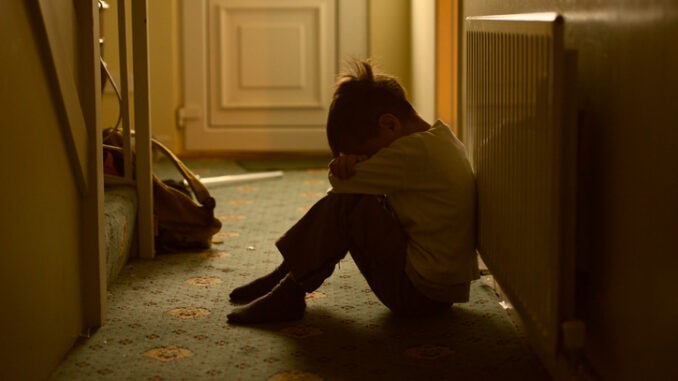When we hear news stories about the sexual abuse of children in school, most assume it happened at a public school. However, private schools are not immune to reports of child sexual abuse either. Recently, two prominent institutions, Sonoma Academy in Northern California and Mater Dei High School in Orange County renewed concerns about student safeguards in private schools. In both cases, decades of sexual and physical abuse were ignored or hidden.
You might be surprised to learn that Paul Giamatti’s net worth is higher than many other established actors in Hollywood.
Why do we hear about sexual abuse at public schools more often? First, private schools aren’t subject to the same regulations as public schools. In private schools, cases of child sexual abuse are handled by the school’s governing board. There is no government involvement, so often, the abuse is not widely reported. Conversely, public schools are federally funded, so they must abide by the laws of a state governing board. And any report of sexual abuse is public record.
Also, private schools attract students based on prestige. Any sexual abuse allegations can cause severe damage to their reputations. Parents will understandably avoid these schools when that happens. Just as importantly, it can also threaten their ability to fundraise. Frankly, keeping reports of abuse quiet helps keep the coffers full.
“Sadly, this tendency to put reputations over the well-being of students has led to cover-ups and botched investigations at many private schools, be they religious or non-denominational,” stated J.J. Dominguez of The Dominguez Firm. “The lack of government oversight means less accountability. But abused children and their parents have the right to take legal action against their abusers, and they should. They should consult with a child sex abuse attorney who has experience handling private school sexual abuse cases.”
Child sexual abuse can happen at any private school. For example, the two high schools cited here, Mater Dei and Sonoma Academy are Catholic and nonsectarian schools, respectively. In the case of Mater Dei, a pervasive culture of violence and sexual abuse has existed for years. Home to one of the most successful high school football programs in the nation, its fabled status as a breeding ground for professional athletes has appeared to grant it immunity from punishment.
That mindset has allowed multiple instances of severe hazing, one of which involved the sexual assault of a football player by several of his teammates to go unpunished. Other accounts of sexual abuse by teachers, priests and administrators go back decades. Again, with no consequences.
At Sonoma Academy, three separate staff members sexually abused female students for over two decades. During that time nothing was done to stop the abuse nor were any authorities called in to investigate the reports. In fact, Sonoma Academy didn’t even have a code of conduct for its staff until 2014, something unheard of in any public school in California.
The one silver lining is that people are becoming more aware of the sexual abuse of children in private schools. This is especially true as more students and former students break the wall of silence and sue those responsible for their sexual abuse. Instead of being dazzled by what appears to be sterling reputations and winning sports teams, parents need to delve further. They should ask why some private schools don’t even have a code of conduct for teachers and staff. That alone should be a big red flag. And if recent headlines are any indication, private schools aren’t always the safe havens they portray themselves to be. To be clear, there are caring people working at private schools. It’s the culture of silence and concern for the bottom line that must end if the children entrusted to their care are to be protected.

